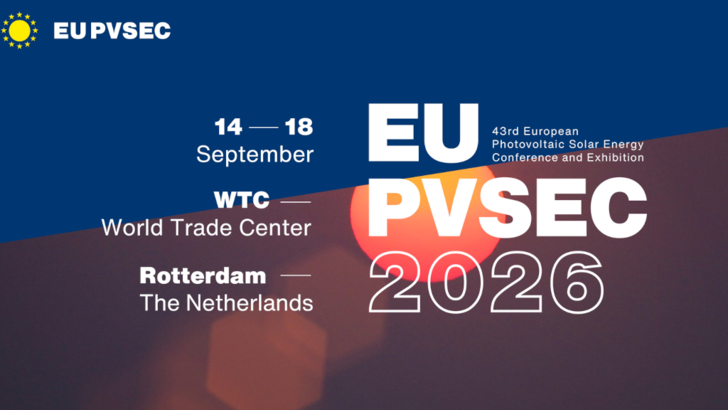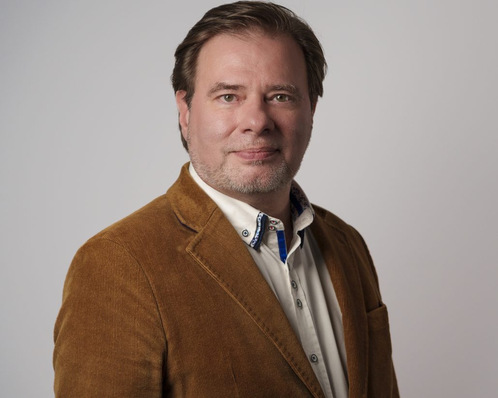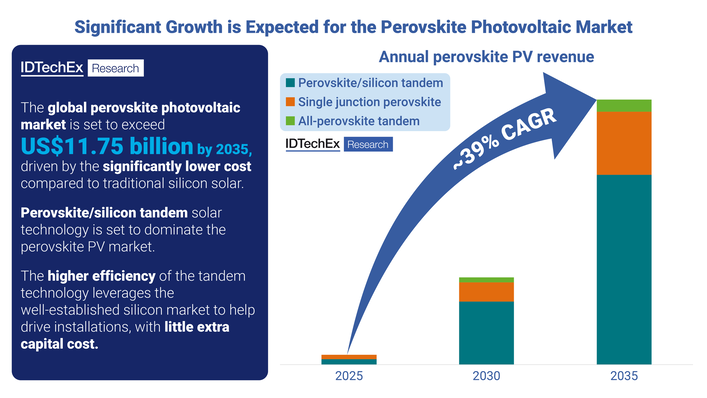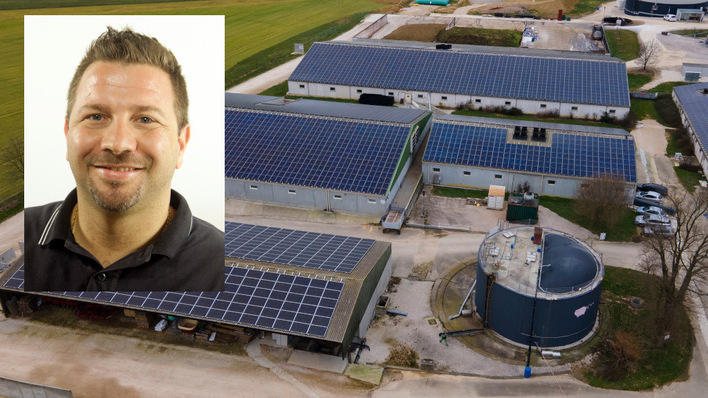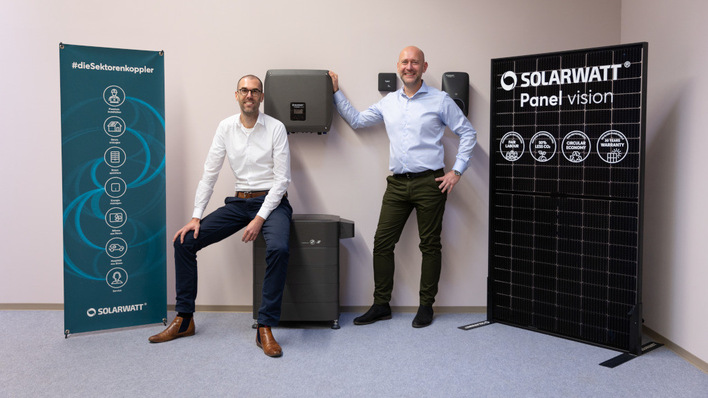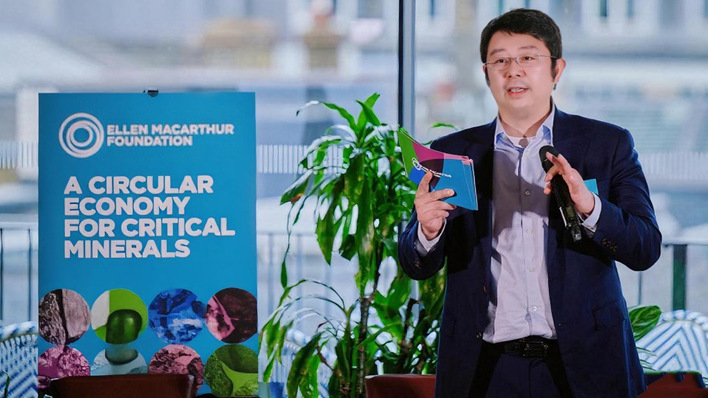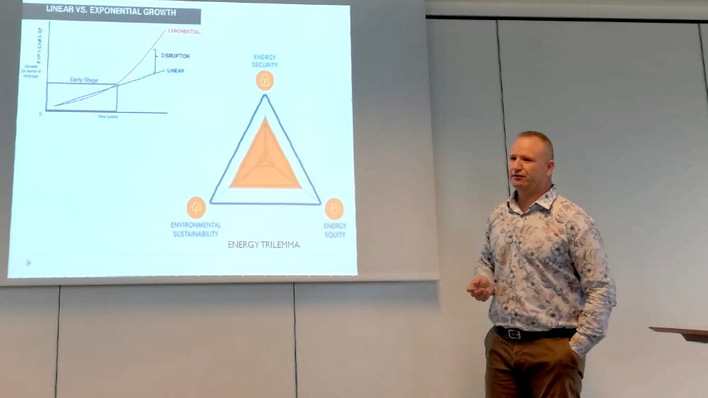The event showcased more than 1,000 scientific presentations on the latest innovations, reinforcing its status as the leading platform for photovoltaic research and collaboration. This year’s scientific programme highlighted the extensive innovation propelling the photovoltaic sector. Spanning the entire PV value chain, sessions addressed both fundamental research and system-level solutions, emphasising solar’s pivotal role in Europe’s and the global energy transition.
Carlos del Cañizo, EU PVSEC 2025 General Chair: “The photovoltaic community is continuously advancing cell and module efficiency, not only in laboratories but also in production, expanding PV solutions into new application fields. Research is increasingly addressing critical challenges such as stability, reliability, productivity and sustainability. However, further progress is needed, particularly in the area of PV and storage, which remains key to a fully decarbonised energy system.”
Madrid emerges as key energy transition hub in southern Europe
Cross-cutting themes emerged throughout the programme, highlighting the versatility of solar technologies in both traditional and emerging fields. With the global PV market expanding, rapid advancements in materials, designs, and manufacturing are becoming increasingly apparent.
Sustainability and circularity remain central, with research targeting reduced material use, such as replacing silver with copper, and improving end-of-life management of modules. Ensuring long-term stability and predictable energy yield is equally critical, with studies addressing degradation mechanisms like UV-Induced Degradation (UVID). Additionally, the role of AI is rapidly expanding across the PV value chain, from design to operations and maintenance, including drone applications.
Croatia’s renewables sector to convene in Zagreb
Perovskite solar cells remain the leading complementary technology to silicon, with extensive research focused on ensuring their future viability. Rapid advancements in cell and module designs and manufacturing are driving the need for faster and more efficient testing and qualification methods. Options for module manufacturing in Europe were also emphasised, with several studies presenting long-term policy recommendations.
Agrivoltaics is gaining traction as a viable dual land-use strategy, providing economic benefits for farmers and enhancing resilience to climate change. Flexibility solutions, particularly through battery storage, were highlighted in many presentations as critical for advancing PV penetration and reducing curtailment. These developments must be accompanied by stronger grids and improved grid management.
RE-Source 2025 to connect renewable energy buyers and sellers
This year’s event underscored the importance of inclusiveness, diversity, and social engagement in the PV sector, highlighting ongoing efforts to address these priorities and integrate them into the industry’s future development.
Session recordings accessible for three months
Recordings from the scientific sessions, Parallel Events, and the Industry Summit will remain available online for three months after the event.
The 43rd EU PVSEC is scheduled for 14 to 18 September 2026 in Rotterdam. As a hub for renewable energy, the city will host the global PV community, fostering innovation, collaboration, and sustainability while building on the achievements of Bilbao. (hcn)
You can find out more about the conference and exhibition here.


